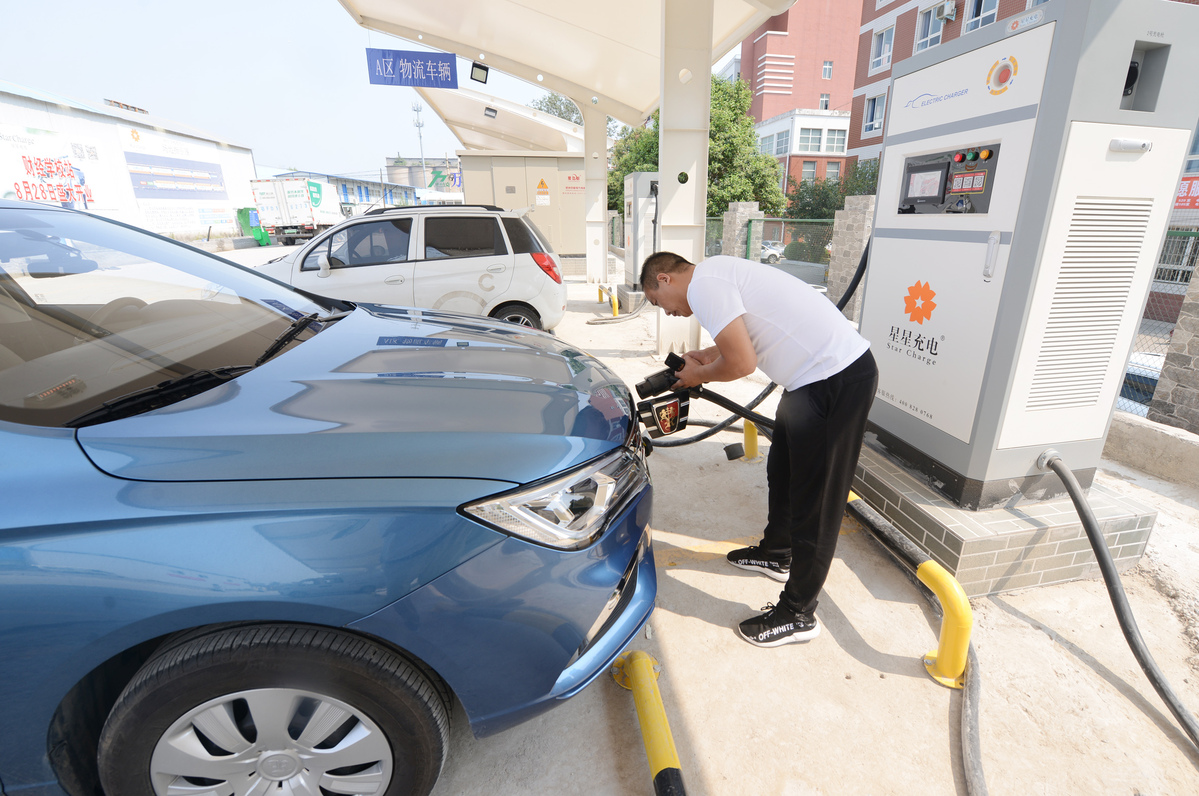Efficient EV station operation to receive subsidies


Subsidies will no longer be easily available for electric vehicle charging infrastructure makers as the government has decided to extend funds to those that are commercially viable and able to guarantee a minimum usage, experts said.
The government's changed approach was needed to check the misuse of subsidies by companies in the past as many of them had set up EV charging stations in remote areas due to low land prices where there is less need for EV charging, and to guarantee proper management of current EV charging stations.
Data from the China Electric Vehicle Charging Infrastructure Promotion Alliance show by this April, the utilization rate for charging piles was lower than 15 percent on average across the country. Many EV charging stations, because they are not busy, have even been treated as free parking lots by car owners.
"Now, many local governments are starting to offer subsidies based on how well EV charging infrastructure is managed, instead of just giving companies money shortly after construction of a charging station is finished," said Lin Boqiang, head of the China Institute for Studies in Energy Policy at Xiamen University.
According to People's Daily, Beijing was the first city to offer subsidies based on how well EV charging infrastructure was operated. The city focused on several aspects in its evaluation criteria, including facility maintenance and management, and how often they are used on a daily and annual basis. It offers rewards of up to 200,000 yuan ($28,000) to top-level EV charging plants based on the criteria.
Earlier this March, authorities in Nanjing announced cash rewards of up to 0.15 yuan per kilowatt-hour to charging station operators whose annual sales exceeded 1.5 million kWh.
"Those cities' policy changes mark an important step for the industry's long-term development," Lin said.
Shao Danwei, chairman of the industry's leading company Star Charge, said in an earlier interview that "the subsidy shift (from charging station construction to operation) will encourage companies to set up EV charging piles in residential communities, as cities such as Beijing consider how much time the piles are used per day as an important criteria before offering subsidies. It will also encourage makers of EV charging piles to make higher quality products".
"The industry is likely to see enhanced management and upgraded services in the long run," Shao added.
As of July, Star Charge owns more than 90,000 charging piles, trailing only Qingdao Tgood Electric Co Ltd's charging infrastructure branch TELD and ranked second in terms of total number in China, followed by State Grid Corp of China, according to a report by Askci Consulting Co Ltd.




































